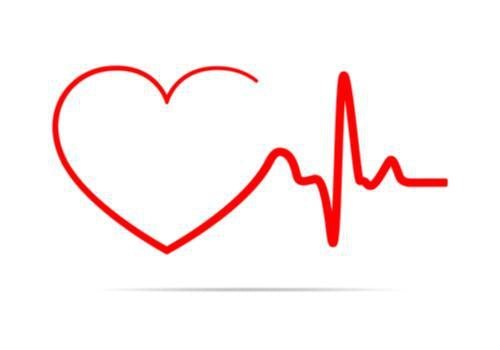That’s what we all would like to have.
We want to be able to communicate well and have the right answer quickly when questions come up.
We want to know that we can rely on our brain as long as we need it and that it will not let us down.
Years ago, without a good
function brain, we would not have survived.
The body has for that reason built-in mechanisms that will protect it.
Research has documented that glutathione is crucial if you want to keep your brain healthy.

Glutathione is a very effective antioxidant the body is making to protect your tissue, including the brain. Glutathione is also very important for effective liver detoxification and a well-functioning immune system.
When study participants with Alzheimer’s disease, participants with mild cognitive impairment and healthy controls were compared, this is what the researchers found.
Magnetic resonance spectroscopy showed that areas of the brain in Alzheimer’s disease and mild cognitive impairment have reduced glutathione levels (Mandal PK, et.al., 2015).
Hippocampal glutathione levels discriminated between mild cognitive impairment and controls with 87.5% sensitivity. Cortical glutathione levels differentiated mild cognitive impairment and Alzheimer’s disease with 91.7% sensitivity.
The researchers concluded the study showed compelling evidence that estimation of glutathione levels in specific brain areas is a relevant biomarker for a mild cognitive decline and Alzheimer’s disease.

Alzheimer’s disease is associated with increased oxidative stress which has been attributed to decreased levels of the brain’s antioxidant glutathione (Saharan S, Mandal PK, 2014).
Glutathione deficiency contributes to oxidative stress, which plays a key role in aging and many diseases, Alzheimer’s disease, Parkinson’s disease, liver disease, cancer, heart attack, stroke, and diabetes are some (Wu G, et.al.,2004).
How would you know if you are deficient in glutathione?
It is fairly easy to figure out since we start to produce less glutathione in our twenties. If you are 40 or 50 years old or older, you would benefit from additional glutathione.
How much you would need is individual, but you can find that level by experimenting with different doses because you will feel a difference in a day or two if you have an effective form of glutathione.
Glutathione needs to get into the cells, that’s where it is needed.
S-Acetyl Glutathione has been shown to get into the cells and is for that reason very effective (Cacciatore I, et.al., 2010).
Most of the glutathione on the market does not produce any noticeable effect since regular glutathione is oxidized in the stomach and does not get into the cells.
This research did not show any changes after taking 500 mg twice daily of regular glutathione for 4 weeks (Allen J, Bradley RD, 2011).
Reference
- Cacciatore, I., Cornacchia, C., Pinnen, F., Mollica, A., & Di Stefano, A. (2010). Prodrug approach for increasing cellular glutathione levels. Molecules, 15(3), 1242-1264.
- Allen, J., & Bradley, R. D. (2011). Effects of oral glutathione supplementation on systemic oxidative stress biomarkers in human volunteers. The Journal Of Alternative And Complementary Medicine, 17(9), 827-833
- . Brain glutathione levels–a novel biomarker for mild cognitive impairment and Alzheimer’s disease. Mandal PK, Saharan S, Tripathi M, Murari G.
Biol Psychiatry. 2015 Nov 15;78(10):702-10. doi: 10.1016/j.biopsych.2015.04.005. Epub 2015 Apr 14. Erratum in: Biol Psychiatry. 2016 Jan 1;79(1):71.
PMID: 26003861 [PubMed – indexed for MEDLINE] - The emerging role of glutathione in Alzheimer’s disease. Saharan S, Mandal PK.J Alzheimers Dis. 2014;40(3):519-29. doi: 10.3233/JAD-132483. Review.PMID: 24496077 [PubMed – indexed for MEDLINE]Similar articles
- Glutathione metabolism and its implications for health. Wu G, Fang YZ, Yang S, Lupton JR, Turner ND.J Nutr. 2004 Mar;134(3):489-92. Review.PMID: 14988435 [PubMed – indexed for MEDLINE] Free ArticleSimilar articles
Effective S-Acetyl Glutathione
As we get older, our cells begin to lose their ability to repair themselves. We make less glutathione, and we actually need more. In certain conditions, younger people may need more glutathione as well.











